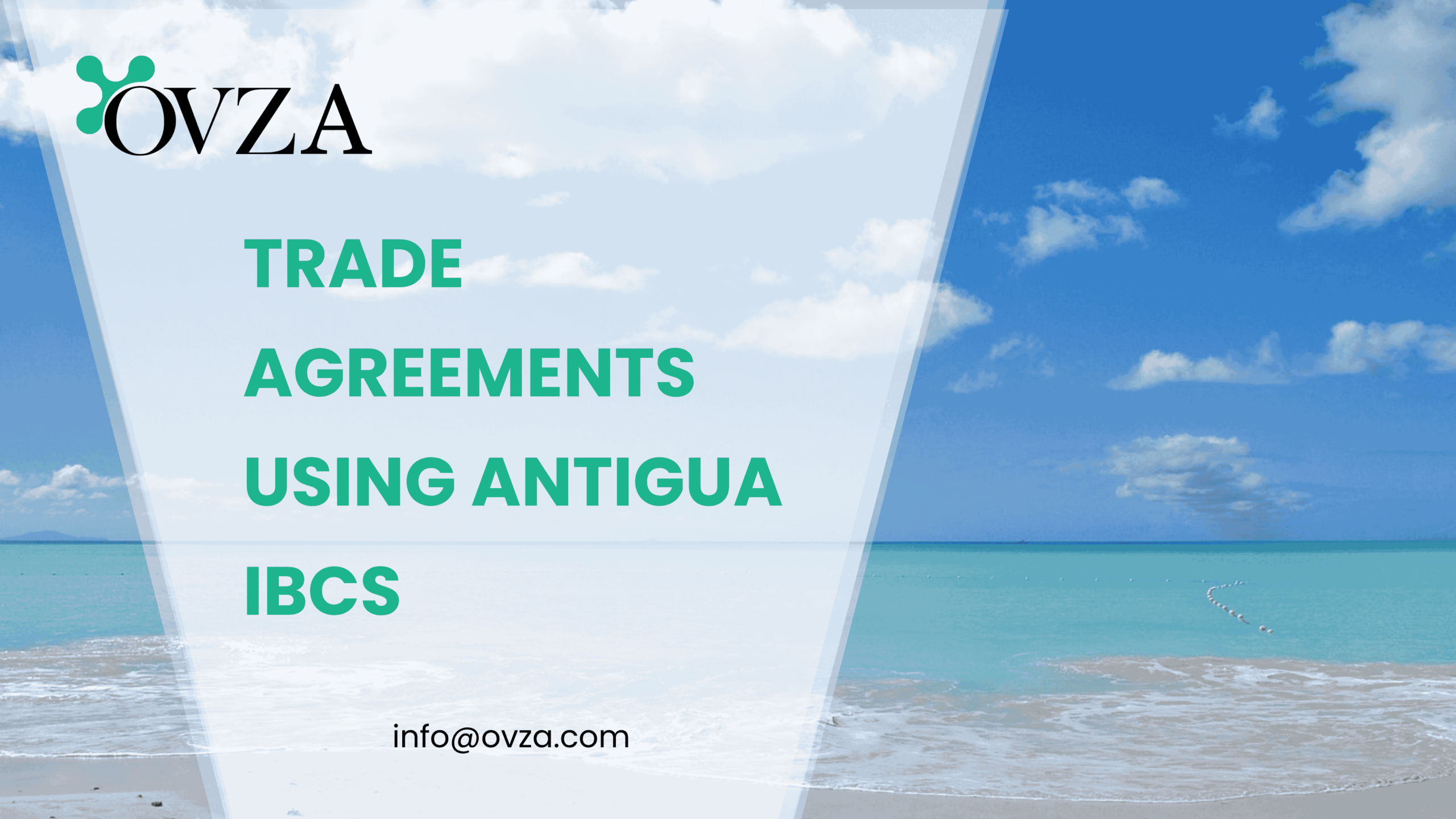Offshore holding company structures centralize group ownership in a neutral venue. They preserve the corporate veil, ring-fence liabilities, and streamline dividends, exits, and financing. In a world of CRS, FATCA, UBO registers, and economic substance rules, the offshore holding company must show real governance and documented mind-and-management.
Designed correctly, it becomes a clean platform for banking, M&A, and capital flows.
What Is an Offshore Holding Company?
An offshore holding company is a non-resident legal person formed primarily to hold shares and assets, not to trade. It typically sits above operating subsidiaries in higher-tax or more regulated markets, concentrating ownership, voting, and financing decisions in one predictable jurisdiction.
Whether incorporated as a BVI Business Company under the BVI Business Companies Act, a Cayman exempted company, a Seychelles IBC under the International Business Companies Act, or a Bahamas IBC, the legal function is the same: asset protection, control, and orderly distribution of profits. Because the offshore holding company receives dividends, interest on shareholder loans, or royalties, group tax is managed through tax neutrality at the holding tier while remaining subject to source-country and shareholder-country rules.
Entity Types
An offshore holding company is usually formed as an IBC/BC or an LLC, but the label hides meaningful legal differences. IBCs and BCs are share-based companies with flexible distribution rules, streamlined continuations, and familiar corporate formalities. LLCs are contract-driven vehicles where the operating agreement governs member rights with fewer mandatory corporate mechanics. For pure holding of shares, either form can work; for structures anticipating complex waterfalls, preferred rounds, or convertible instruments, the predictability of a share company often appeals to institutional investors.
Jurisdictional statutes matter. A BVI Business Company under the BVI Business Companies Act offers robust merger, consolidation, and redomiciliation tools, helpful when the offshore holding company must migrate ahead of a listing or an exit.
A Cayman exempted company pairs comfortably with fund investors and New York-law financing. A Seychelles IBC under the International Business Companies Act or a Bahamas IBC can be cost-efficient for simpler groups that still need clean registries and swift filings. Choosing between these is less about “tax haven” marketing and more about statutory compliance, registrar responsiveness, and how courts treat the corporate veil when stress-tested.
Economic Substance
Most reputable jurisdictions now assess substance for relevant activities. Pure equity-holding entities usually face a lighter standard, but the offshore holding company still needs demonstrable mind-and-management where decisions are taken.
That means board meetings calendared in the jurisdiction, minutes reflecting investment oversight, and a registered agent maintaining statutory records. Banks look for the same signals when they underwrite the relationship.
Substance is not an accounting trick; it is governance discipline. If you expect to register offshore holding company vehicles that on-lend to subsidiaries, consider whether financing becomes a “relevant activity” and whether local directors, premises, or outsourced administration are prudent. Align board calendars with dividend declarations, intercompany loans, and acquisitions so your documentation shows real decision-making rather than post-dated formalities.
Properly evidenced, substance supports tax neutrality without inviting GAAR or anti-abuse questions.
Governance Documents
The operating spine of an offshore holding company is its constitutional suite: memorandum and articles (or LLC agreement), a shareholders’ agreement, and carefully drafted board resolutions. As standard, OVZA attorneys employ leading drafting practices to ensure documents are precise, compliant, and enforceable. These instruments should anticipate capital raises, drag and tag mechanics, information rights, and the waterfall on exit. For groups planning to register offshore holding company entities as the parent of multiple regional subsidiaries, clarity on reserved matters and vetoes avoids deadlock when investors arrive.
Intragroup contracts, shareholder loans, cash pooling arrangements, IP licenses, must be priced and recorded with transfer-pricing in mind. Even when tax at the holding tier is neutral, the source countries remain active. Document interest-limitation analyses, thin-cap considerations, and treaty positions where applicable. When the offshore holding company distributes profits, minutes should tie distributions to realized upstream cash, not just paper gains, preserving solvency tests and insulating directors from dividends-while-insolvent claims.
Banking, KYC, CRS/FATCA
Opening bank accounts for an offshore holding company is straightforward when the file is complete. Expect banks to ask for UBO declarations, a group structure chart tracing ownership to natural persons, and evidence of substance such as board calendars and advisory mandates.
CRS and FATCA classifications must be accurate; many holding entities are Passive NFEs, pushing look-through obligations to the bank. In practice, the smoothest path is to register offshore holding company governance from day one with a bankable paper trail: certified registers of members and directors, incumbency certificates, and clean audit or review packs once the group matures.
Transparency is now part of the market standard. Several registries maintain UBO filing regimes, some public, some accessible to competent authorities, while leaving the public register of members non-public. This does not undermine lawful confidentiality; it balances privacy with regulatory access.
How to Register an Offshore Holding Company
An offshore holding company is easiest to build when you treat it like a legal project with defined phases: planning, incorporation, banking, and post-incorporation migrations or acquisitions. The objective is a clean, bankable parent that can own shares, IP, and treasury assets while maintaining tax neutrality and statutory compliance. Below are the practical steps to register offshore holding company structures efficiently and defensibly.
- Choose your company name.
Pick a clean, registrar-acceptable name for the offshore holding company (we’ll run availability and reserve it). This is the first step to register offshore holding company structures quickly and cleanly. - Gather required documents.
Provide proof of identity and proof of address for all shareholders/UBOs and directors. These must be notarized; OVZA offers convenient online notary services for USD 250 per shareholder, so you can complete notarization remotely. - Submit your order to OVZA.
We prepare and file the incorporation (IBC/LLC), draft the constitutional documents, and handle UBO/CRS/FATCA forms. This is where we formally register offshore holding company status with the registry and line up banking. - Receive and sign company documents, then return them to OVZA.
You’ll receive the certificate of incorporation, registers, and initial board minutes. Sign the share certificate(s) and any ancillary documents, then send them back to OVZA for completion and delivery. At this point, your offshore holding company is active, bank-ready, and positioned for subsidiaries and assets. If needed, we also coordinate account opening so your offshore holding company can operate immediately.
Conclusion
A properly structured offshore holding company centralizes ownership, preserves the corporate veil, and achieves tax neutrality when paired with clear commercial purpose and compliant documentation. Success rests on accurate KYC, notarized proofs, clean constitutional instruments, and records that demonstrate mind-and-management under substance rules.
Banking readiness, CRS/FATCA classifications, and any required UBO filings should be consistent with the entity’s stated holding function to withstand diligence.
Disclaimer: The information provided on this website is intended for general reference and educational purposes only. While OVZA makes every effort to ensure accuracy and timeliness, the content should not be considered legal, financial, or tax advice.










